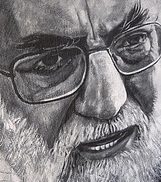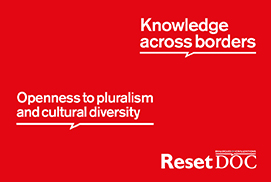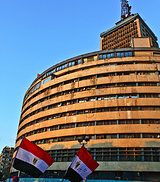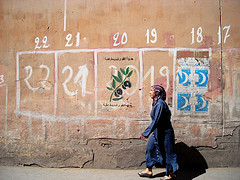5 March 2012
Elections in Iran have always had a contradictory meaning. On one hand, they have always been less than free and fair, even when the polls were basically correct, (meaning not materially rigged), because of the vetting of candidates by the Guardian Council. On the other, they have been a flexible mechanism measuring the relative strength of the different components of the regime. Not a democracy, certainly, but a sort of pluralistic oligarchy.





